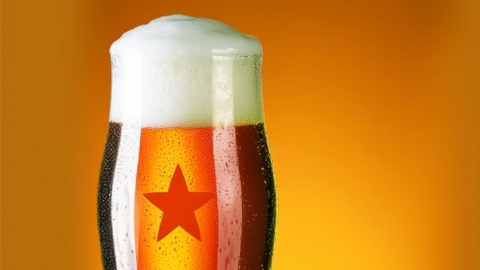What happens if you drink beer with monosodium glutamate (MSG)?
Under normal circumstances, drinking beer mixed with monosodium glutamate (MSG) may cause gastrointestinal discomfort, electrolyte imbalance, allergic reactions, metabolic disorders, and liver or kidney damage. A detailed explanation is as follows:

1. Gastrointestinal Discomfort
Both alcohol and MSG have certain irritant properties. When consumed together, they may interact and irritate the gastrointestinal mucosa, increasing the burden on the gastrointestinal tract, leading to symptoms such as nausea, vomiting, and abdominal pain.
2. Electrolyte Imbalance
MSG contains sodium chloride, which may chemically react with the alcohol in beer, leading to an imbalance in the body's electrolyte levels. Long-term excessive intake of MSG and alcohol may also increase the risk of developing hypertension and other related diseases.
3. Allergic Reactions
Some individuals may experience allergic reactions to MSG and alcohol, presenting as symptoms such as skin itching, swelling, and difficulty breathing. Therefore, individuals prone to allergies should avoid consuming beer and MSG simultaneously to prevent physical discomfort.
4. Metabolic Disorders
Consuming beer and MSG together may not only interfere with the body's normal metabolic processes and affect liver and kidney function, causing metabolic disorders, but also lead to blood sugar fluctuations and reduced insulin sensitivity, increasing the risk of metabolic diseases such as diabetes.
5. Liver and Kidney Damage
Alcohol and MSG are primarily metabolized in the liver. Long-term excessive intake of beer and MSG may increase the burden on the liver, causing serious damage to both the liver and kidneys. The combined effects of both substances may exacerbate liver and kidney damage, leading to severe consequences such as liver failure and kidney failure.
In daily life, it is important to maintain good living habits, eat a balanced diet, and consume various nutrients in appropriate amounts to maintain overall health. Additionally, alcohol consumption should be moderate, avoiding excessive intake of irritants such as alcohol and MSG.




